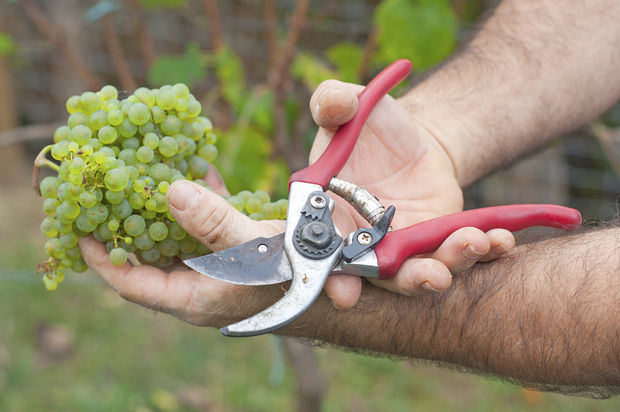
New EU regulations promise French wine-making revolution
EU regulations which came into force on January 1 will radically change wine production in France.
Whereas new vine plantings previously required authorization, now the presumption will be that planting is legal unless good reason can be found to stop it.
In addition, the new system enables wine to be made anywhere in France and sold as a new non-region-specific appellation called Vins Sans Indication Geographique (VSIG).
Some winemakers fear that the relaxation of controls will see a glut of low-quality wine coming onto the market which will damage the fiercely protected reputation of France's existing wine-producing regions.
"This rule spells the death of the Appellation d'Origine Controlée (AOC) system which we have had since 1927," Pascal Perrot, mayor of the Champagne village of Vertus, told the BBC.
"There will no longer be any criteria for planting. Terroir, the quality of the earth, exposure to the sun - they will count for nothing.
"Anyone will be be able to make pseudo-Champagne, either here or anywhere else."
Perrot is also a winemaker himself. He runs the Champagne Perrot-Boulonnais house, which has nine hectares of Chardonnay and Pinot Noir vines around Vertus.
Complete liberalisation of the wine market was first proposed by the EU in 2008.
However, following opposition from wine makers in France, the EU has agreed to limit new vine plantings to the equivalent of 1% of existing stock, which would currently be 8,000 hectares.




